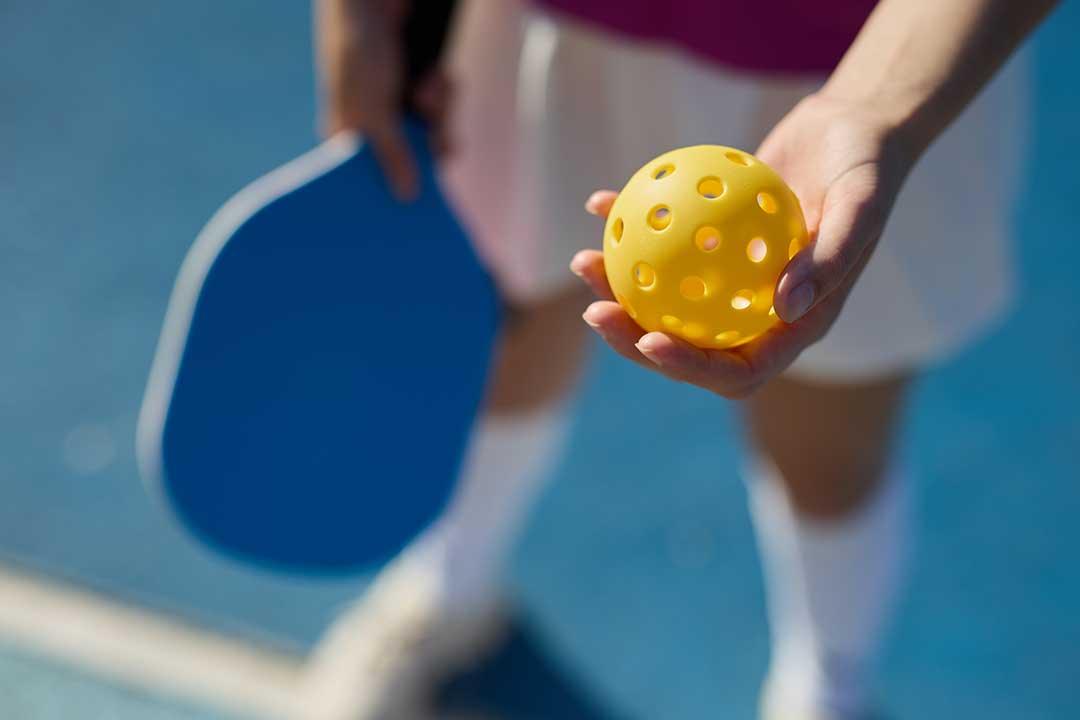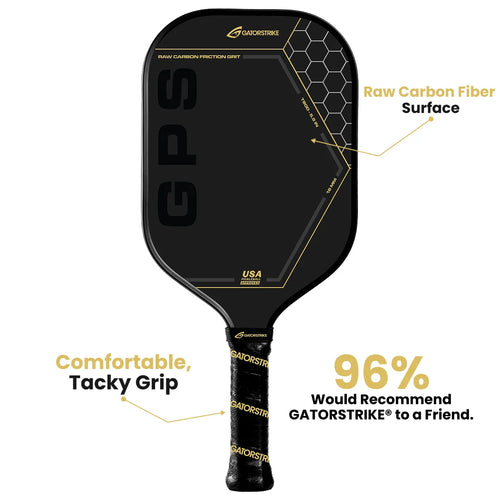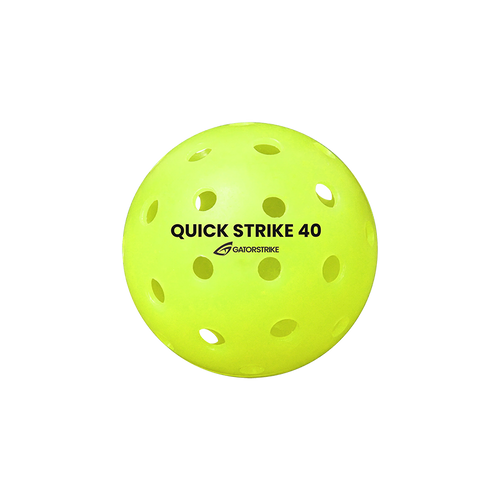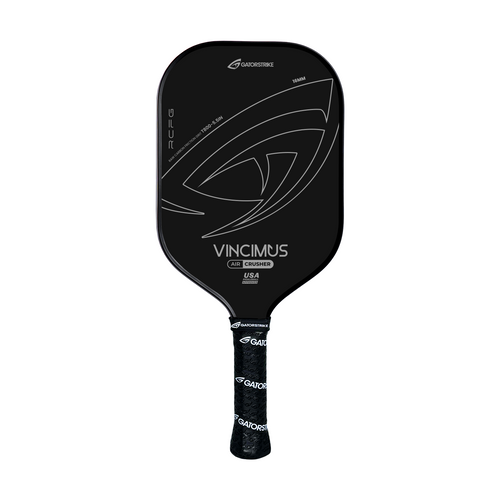
How Pickleball Etiquette Enhances the Game
Share
Whether you’re a beginner, joining a pickleball court, or want to improve your experience. Learning just about pickleball is not enough. You can learn the advanced tricks and tips of playing. But your game is incomplete if you cannot master the dos and don’ts of this game. Also, learn about the paddle strike wipes.
Pickleball is a popular sport gaining worldwide popularity. People with varying skill levels play this game. But how pickleball etiquette enhances the game? How to learn about them? They can improve your overall experience. What is a snapback hat?
How Pickleball Etiquette Enhances The Game? Six Tips For An Improved Game!
The following details explain how pickleball etiquette enhances the game.
Promotes Respectful Competition
Although pickleball is a competitive game, proper etitquettes help in keeping this competition friendly. Mutual respect is important in this game.
- Compliment your opponent after the match.
- Encourage them about their good shots.
- Don’t taunt or engage in poor sportsmanship.
Players also ask about the grip overgrip tennis.
Keeps A Smooth Game Flow
You can keep your matches running efficiently by observing etiquette like:
- Calling the score clearly before serving.
- Avoiding excessive delays between points.
- Being ready to play when it’s your turn.
It helps in preventing confusing situations and disagreements in recreational settings.
Encourages Fair Play
A good pickleball player is fair about calling faults. Whether it's:
- A foot fault.
- A ball lands out of bounds.
- A double bounce.
Players must make such calls on their side of the court. In case of any doubts, the benefit goes to the opponent. This honesty and transparency leads to strong strust between players.
Next, read: Pickleball Paddle Weight Tape.
Enhances A Welcoming Environment
Pickleball games take place in public courts and social settings where players from diverse backgrounds come together.
- Greeting new players.
- Providing tips to beginners.
- Rotating in partners fairly.
Such tactics enhance inclusivity. Kind and respectful players help in making newcomers feel comfortable and come back for more.
Use pickleball edge tape for better paddle performance.
Better Safety
Proper paddle control, combined with clear communication, helps prevent injuries. Observing one's space and being mindful of body contact can help minimize unnecessary issues and risks.
Maintains The Spirit Of The Game
Pickleball is often described as a Gentleman’s Sport. It’s because of its courtesy and fun involvement. Players are encouraged to enjoy rather than just focusing on winning. Good etiquette helps in maintaining this spirit while making the match enjoyable, even with a bold competitor.
Conclusion
To conclude, how pickleball etiquette enhances the game? Just being polite in a pickleball game is not enough. You need to improve your overall performance and interactions with the other person. Maintaining a welcoming atmosphere and remaining respectful can lead to various magics in pickleball.

















